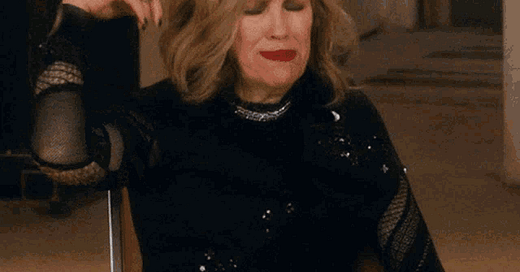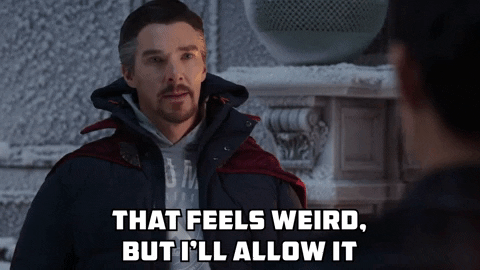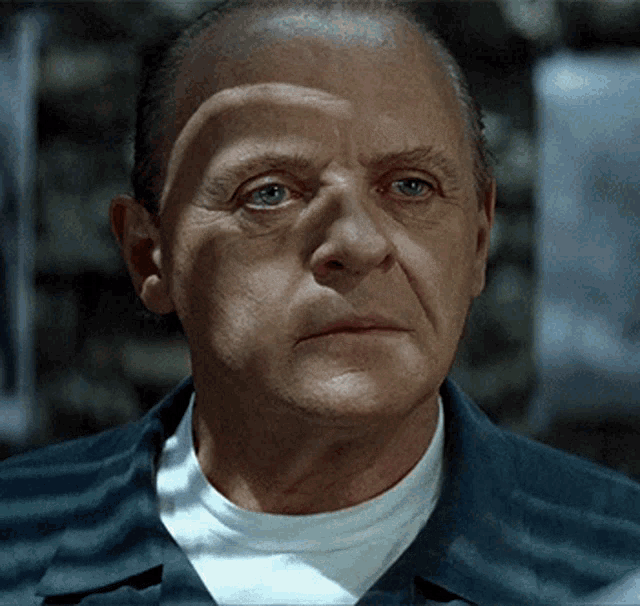No amount of cherishing your kid now will let you skip feeling melancholy later
It's science. So go ahead, complain!
Sometimes when you express something witchy on social media (or even real life), other people come back with the promise/threat that you’re going to miss this some day.
It can sound like they’re saying that cherishing each moment of young parenthood fully and with an open heart and zero negative feelings will inoculate you later against feelings of bittersweetness or just plain grief later on when your kids are older.
I don’t think that’s true. I think even the best, most present, grateful and positive parent in the world feels a strange pang when they see a picture of their kid from a few years ago, and they feel like they somehow forgot the child was ever that little even though they totally were and the parent was there, working very hard to keep them happy and alive. No amount of keeping your mouth shut when they’re at a hard phase will make you feel less sad when they leave someday.
But what do I know? Not much—which is why I spoke with an expect on the act of savoring, i.e. making good times last longer or feel more intense. I interviewed Loyola University psychology professor Fred Bryant on savoring earlier this summer—he’s written a book on the topic.
A lot of our conversations revolved around parenting since Bryant has said how he learned how to savor good times from his mother, and many of his examples of practicing intensifying/prolonging good moments happen with family. I used that part of our chat for today’s newsletter. I wanted to know if you can savor your way now out of feeling melancholy later as your child and you move through different phases and stages. I think you know the answer, but you should still read on!
*
Hearing how parenthood has influenced your work made me think about early parenthood and being postpartum. People tell you, “Oh, enjoy this because this will be over with your kids.” But in the moment, it’s very difficult. Then you feel guilty that you’re not doing the savoring correctly.
That’s a universal experience. You look forward to [parenthood]. You had idealized it beforehand. You have this rosy prospection where you’re looking ahead and imagining how beautiful this is going to be.
Then the reality of the moment hits you and you hadn’t even considered the sleepless nights and the changing of the diapers and the endless stress of it all, the uncertainty and the losses.
I think it takes a while for the shock to wear off and for you to begin to realize the things you could never have known beforehand. You have to give yourself a break.
You can always tell yourself something you only realize later: this too shall pass. “Okay, it’s really hard right now; they’re teething.” No, it’s not always going to be like this. You’ll laugh about it later. But you have to be around young parents who’ve been through it but are not so far from it that they can’t remember. They’ll be able to remember.
Let me give you a tip. You need to surround yourself not only with parents in the same stage you’re in but also with people who’ve been through that and now can look back.
What do you know about why recollections of positive memories make us sad? Like looking back at when your child was a baby, even if they’re more fun/enjoyable now as a more grown person?
That is exceedingly common. That’s actually studied under the rubric of nostalgia and that bittersweet sentimental feeling. It involves longing for something from the past that you can never have again.
The research on that shows that it’s very adaptive, that nostalgic feeling. It’s not something to be avoided. It brings a sense of meaning into your life. You see, that’s part of parenting: it’s a continuity that comes from that sense of connection between the present and the past. Everybody goes through it. It’s the price of admission.
The data show that it protects you from existential threat because you’re able to say,
”Well, look, I’m fine now.” All of our lives are like that. Having and giving up things and changing. It contributes, the data show, to stability, to being able to accept what is for wherever it goes. But it does require the ability to accept loss too.
That’s a part of one of the hardest things of savoring memories. Many people cut themselves off from the past and will not reminisce because they can’t have those things again and it causes a sense of pain, sadness, a bittersweetness, and that’s the nostalgia. It’s always tinged with the loss, the fact that you can’t have it again.
But that’s a part of life, and all good things must end—and all things must end—thankfully, the bad things, too. It’s a challenge, though, because if all good things must end, then every positive moment is done from the start. It requires an acceptance of loss.
At home, would there ever be someone in your family who would be in a foul mood, and you’d be like, “This is what I learned about savoring today!” and they’d be like, “Dad, I don’t want to hear about it right now”?
All the time. The trouble is, if you turn [savoring] into a pollyannish, rose-colored glasses kind of thing, it loses all its purpose, its meaning, and its power. There’s a yin and yang. Sometimes, you only see the bad because there’s more of it in the place that you are in your life and other times, it’s all good, and you think it could last forever. The trouble is in Western views of happiness and joy: if you did it right, you could make happiness last forever and there’d be no bad. Come on, give me a break. It’s as preposterous as the idea that it’s always terrible. My family has graciously learned to tolerate my buoyant and unending optimism.
Some of the earliest feedback I got on my work on savoring was from people who were Buddhists saying, “You cannot cling to a positive moment because in doing that, you destroy what it is you’re trying to hold onto it or transform it.” So their idea is you just acknowledge it and let it go.
Thank a witch
I got this lovely idea via an email from witch Heather this week:
“Sometime this summer, a witch recommended a kids’ news magazine called The Week Jr, and I ordered it immediately. It has been a tremendous hit with our 8yo! She loves reading it and reading it and talking to us any things. And I would like to thank that witch. I think a good potential column for you might be a ‘thank a witch’ where people like me can comment on something we got from a witch.”
I love this. A witch convinced me to stop folding my pajamas, workout clothes, and underwear. Another witch convinced me to get a rice cooker. A third witch is the reason so many people compliment my eyelashes. All these things have made my life better due to this readership.
Do you have a witch to thank who told you something helpful (either practically or mentally) that improved your life on any level? It can be via this newsletter or just in real life! Reply to this email or in the comments; I’ll share them in the future!
End credits
Thanks for reading Evil Witches, a newsletter for people who happen to be mothers. New here? Here’s what the newsletter is all about.
This issue is free! Go ahead and share it with anyone who might like it. If you are not a paid subscriber, I hope you consider becoming one. You sponsor reporting like you see today and get access to subscriber-only content plus intimate, funny and helpful threads where we share really important parenting discussions like what injectables and other cosmetic procedures we’ve tried.
And guess what: I’m running a back to school sale if you feel like taking advantage of that—it’s only good until the end of August so get on it now!
Our Instagram, curated by Carly O., lives here. The Evil Witches archives live here. If you have any questions, feedback, or suggestions for future issues, you can reply directly to this email or leave them in the comments.
One witchy thing
“So squishy…. and… strong?”
—My friend’s son recently as he stroked the underside of her arm and amended his observation after he watched her facial expression change.







My problem with "you will miss this later" is that people say it about a lot of parenting situations that I assure you I absolutely will not miss. Will I miss my kid being tiny and adorable and asking unintentionally funny questions because she doesn't know how the world works?
Sure.
Will I miss diapers, teething, ear infections, meltdowns at the store, and preschool-acquired norovirus?
I'm thinking no.
I felt like I just had therapy reading this interview (in a good way!), this particularly: "It's not something to be avoided. It brings a sense of meaning into your life. You see, that’s part of parenting: it’s a continuity that comes from that sense of connection between the present and the past. Everybody goes through it. It’s the price of admission." YES